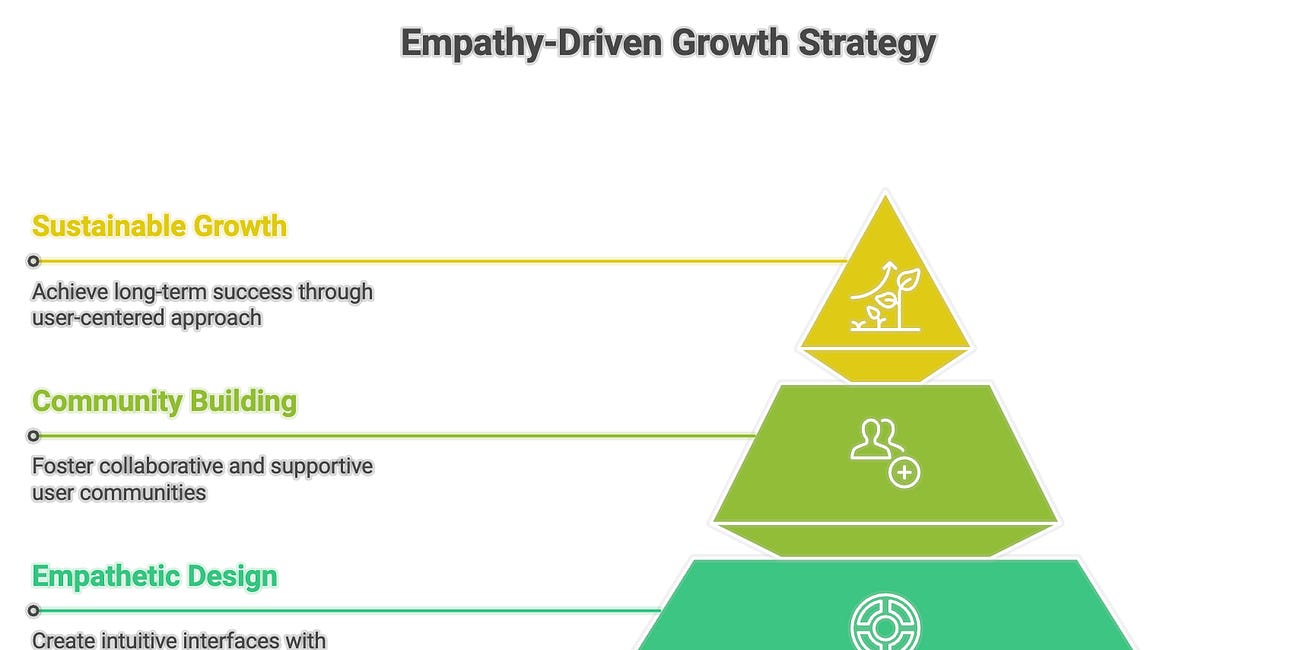The Future of Digital Health: Trends to Watch and How Small Businesses Can Adapt
Trends to watch for trauma informed leaders
The digital health revolution is here for trauma-informed care. It’s transforming how we think about wellness, care, and connections in every aspect of our lives. For small businesses, start-ups, and solopreneurs, this shift represents both an opportunity to innovate and a challenge to adapt. How can smaller players harness the potential of digital health and position themselves for success?
This blog explores the emerging trends in digital health that are shaping the future, as well as actionable strategies for small businesses to thrive in a rapidly evolving industry.
What Is Driving the Digital Health Revolution?
Digital health combines technology and healthcare to improve well-being, access, and outcomes. From AI-powered tools to wearable health devices, advancements in this sector are focused on making care more accessible, personalized, and empathetic.
For smaller businesses, staying ahead of these changes means leveraging scalable and innovative solutions without losing sight of the human element. Here’s a look at five key trends in digital health and how small businesses can effectively adapt.
1. Human-Centered AI
Artificial Intelligence (AI) is rapidly becoming a cornerstone of digital health. But the most impactful AI solutions are those designed with empathy at their core. Human-centered AI focuses on creating tools that prioritize user well-being and emotional needs.
For small businesses, prioritizing human-centered AI can foster trust and engagement. Leveraging AI tools for mental health support, patient care, or employee well-being platforms allows businesses to stand out with tech that cares.
Actionable Tip: Invest in AI tools that provide value without overwhelming users. For instance, apps that offer simple, clear guidance through automated chats with empathetic language can enhance the user experience.
2. Personalized Wellness
Gone are the days of one-size-fits-all solutions. Consumers now expect wellness options tailored to their unique needs. Whether it’s fitness tracking, nutrition guidance, or mental health support, personalization is key.
Small businesses don’t need deep pockets to adopt this trend. By building digital solutions that respond to individual preferences, businesses can demonstrate they value their customers as individuals.
Actionable Tip: Implement data collection methods (while respecting privacy) to tailor offerings. For instance, provide users with wellness plans based on their activity or preferences shared through an onboarding quiz.
3. Trauma-Informed Technology
With growing awareness of mental health, trauma-informed practices are becoming essential in everything from app design to leadership approaches. Trauma-informed technology recognizes the importance of emotional safety and resilience, offering tools that reduce stress rather than add to it.
A great example is the Let's Integrate App, which equips business and wellness professionals with the skills to create compassionate, trauma-informed environments. For small businesses, adopting trauma-informed practices can deepen relationships with clients and employees.
Actionable Tip: Train teams to adopt trauma-informed communication and incorporate mindfulness into your tech solutions. This small shift can have a big impact on user satisfaction and loyalty.
4. Scalable Solutions for Small Players
Digital health innovation isn’t reserved for billion-dollar enterprises. Affordable, scalable tools are enabling even the smallest start-ups to compete with industry giants. Whether it’s telehealth platforms, wearable devices, or digital fitness apps, there’s an abundance of resources available to help businesses grow sustainably.
By adopting cloud-based platforms or software-as-a-service (SaaS) tools, small businesses can scale their offerings without hefty upfront investments.
Actionable Tip: Leverage platforms that provide plug-and-play solutions. For example, use white-label apps to offer branded digital health services or partner with established platforms to extend your reach.
5. Mindfulness Meets Innovation
Mindfulness isn’t just a personal practice anymore—it’s becoming central to product and service design in digital health. Integrating mindfulness into digital innovations helps improve user retention by fostering a sense of calm and connection.
For small businesses, embedding mindfulness into products (such as guided meditations or calming UX designs) can deepen engagement. By addressing the whole person—mind and body—you build solutions that users genuinely value.
Actionable Tip: Start small. Incorporate mindfulness prompts or simple breathing exercises into your app, service, or customer interactions.
Why Empathy-Driven, Human-Centered Technology Matters
At the intersection of all these trends is a unifying principle: empathy. Technology can only transform lives if it’s designed to truly serve the people using it. Empathy-driven, human-centered solutions bridge the gap between innovation and connection.
For small businesses, this means adopting tech that not only solves problems but does so in a way that resonates emotionally with users. It’s about building trust, loyalty, and long-term relationships.
Adapting to Thrive in the Digital Health Era
Here are three practical steps small businesses can take to stay competitive in the digital health space:
1. Start with Your Audience’s Needs
Understand your target market’s biggest challenges. Conduct interviews, use surveys, or analyze user feedback to identify pain points.
2. Leverage Partnerships
You don’t need to do it all alone. Collaborate with tech providers, digital health platforms, or trauma-informed consultants to enhance your offerings.
3. Stay Flexible
Technology evolves quickly. Adopt an agile approach to development and services, allowing you to pivot and adapt as trends emerge.
The Future Is Human
Digital health is changing the world—not just through innovation, but by re-centering care and connection in every solution. For small businesses, this isn’t just an invitation to join the wave; it’s an opportunity to lead the charge with empathy-driven, human-centered technology.
Are you ready to explore how your business can scale with digital health innovation? Whether it’s personalized wellness, trauma-informed tech, or mindfulness-infused solutions, the future is within your reach. You can start building your strategy. Go back to my post from yesterday and see how:
Scaling Digital Technology with Empathy
As a Digital Health Innovator, I believe with every project I launch, that scaling and empathy go hand in hand. In my own journey, I’ve seen how technical brilliance alone isn’t enough; it’s the human, user-centered approach (Side note: I would love to get rid of the word “user” soon and find alternative words that support the recovery commu…









